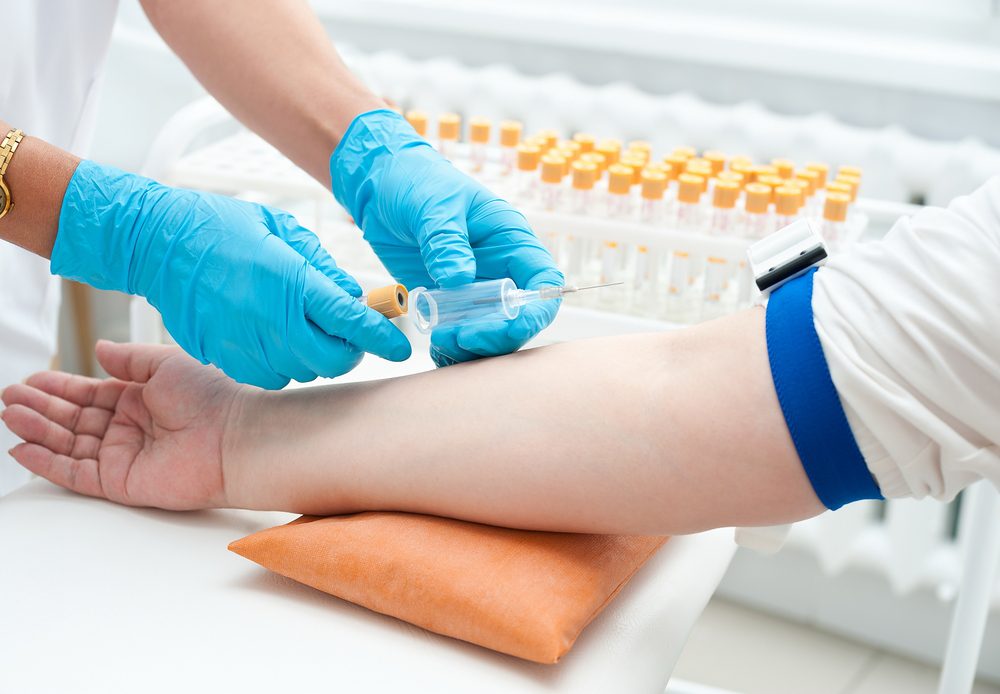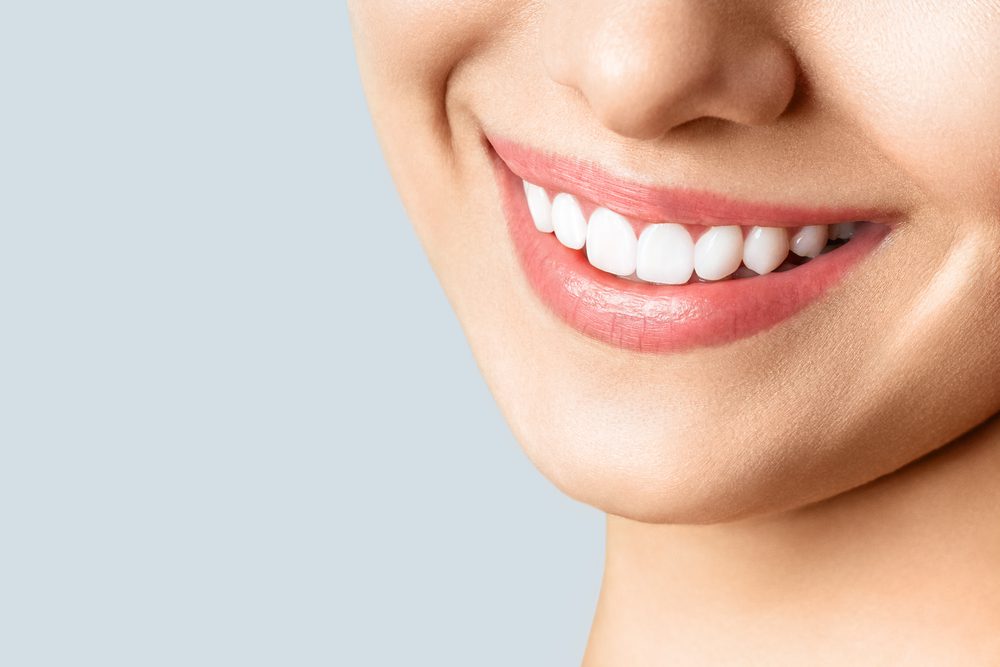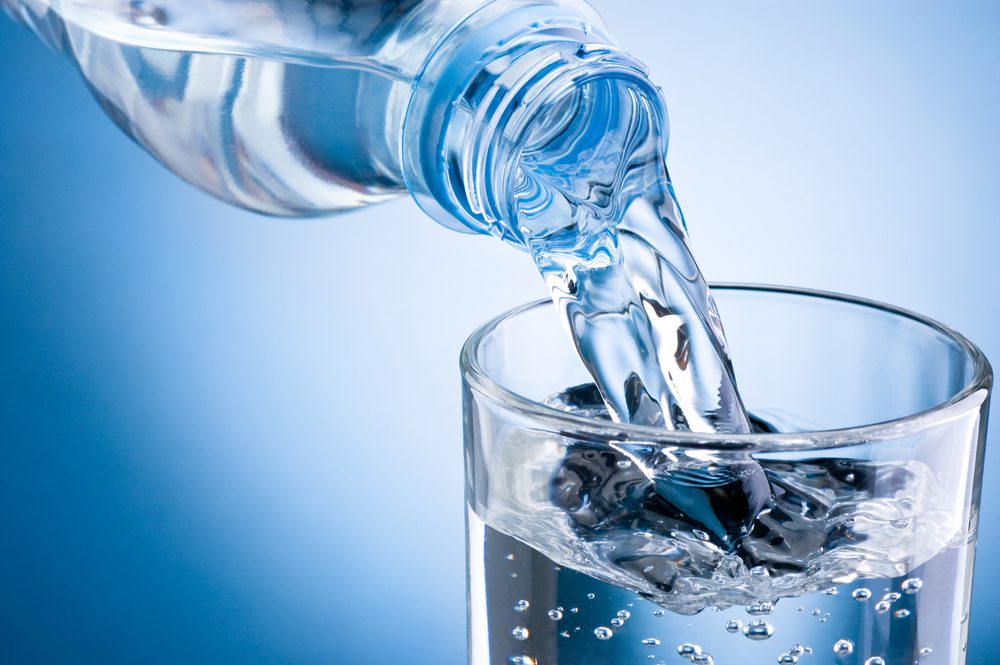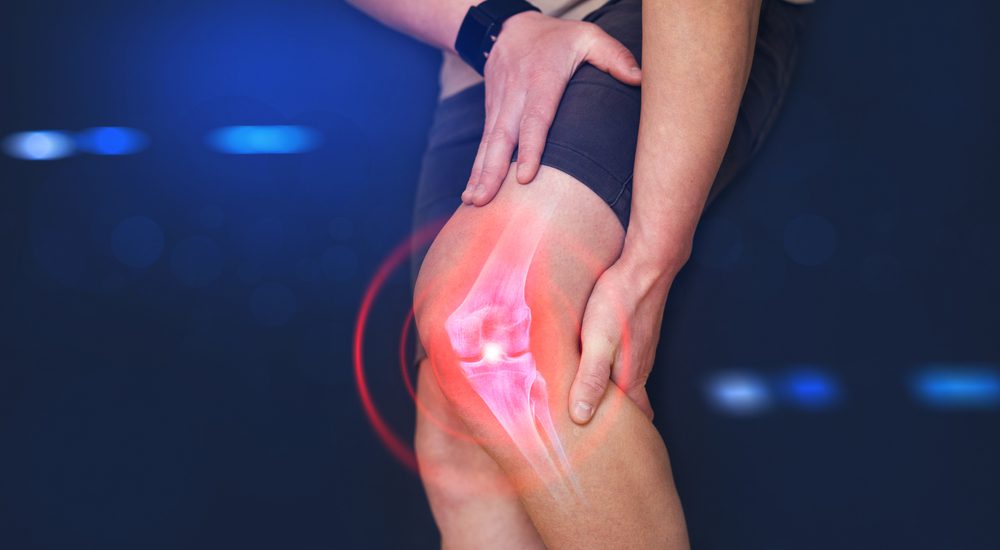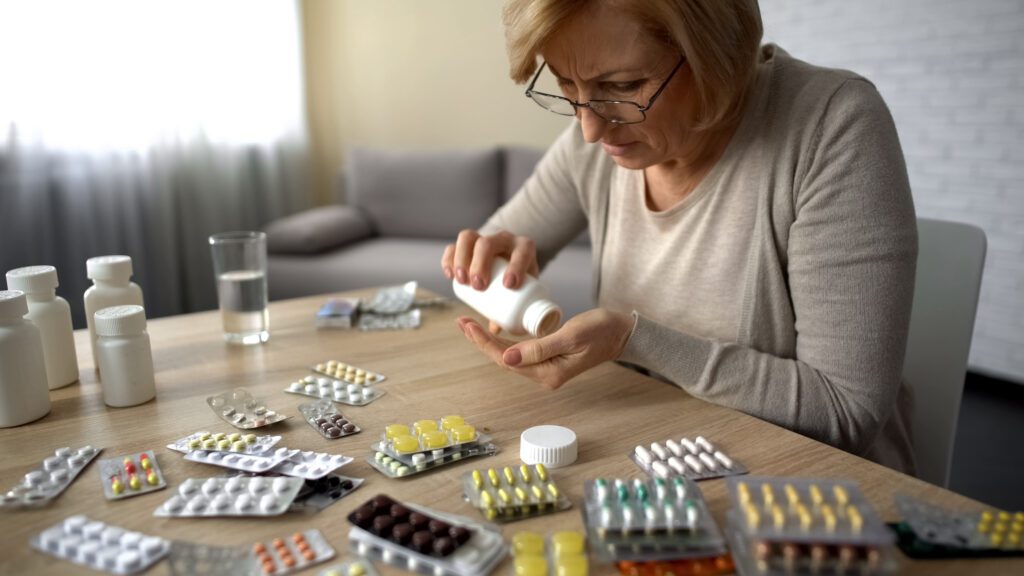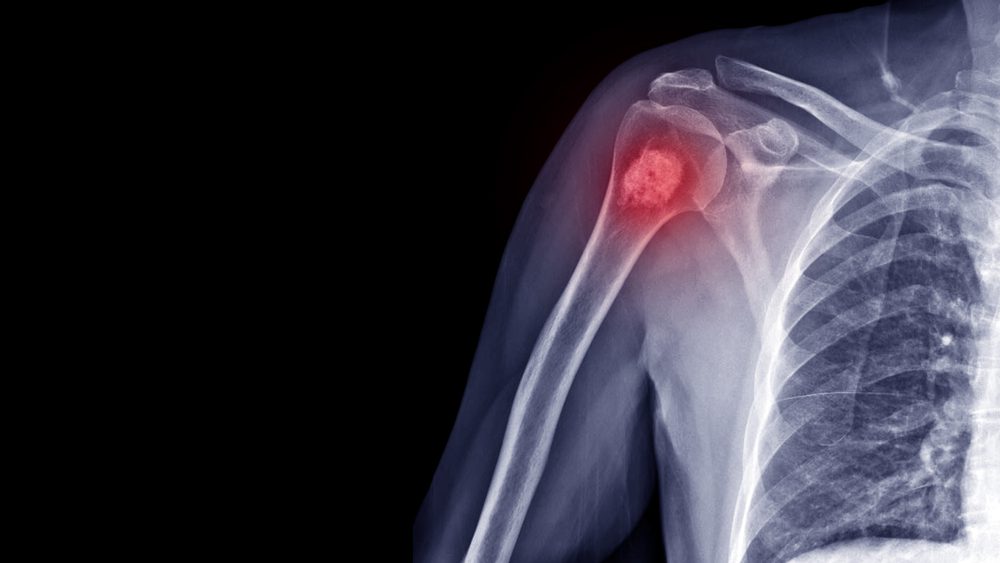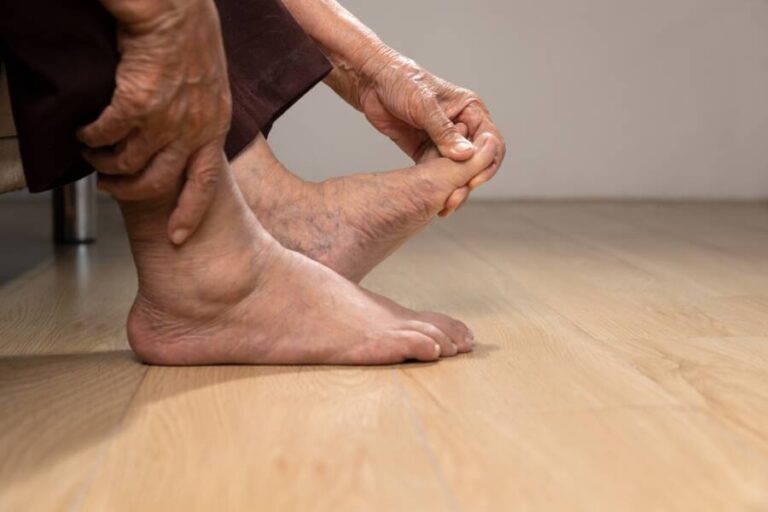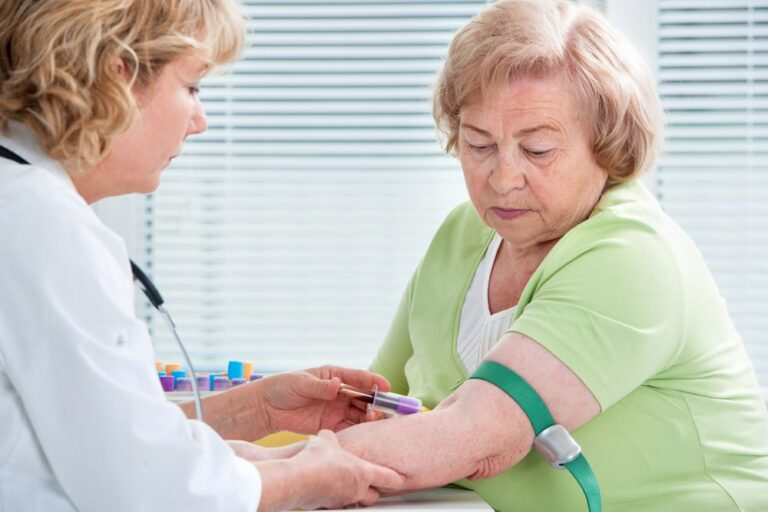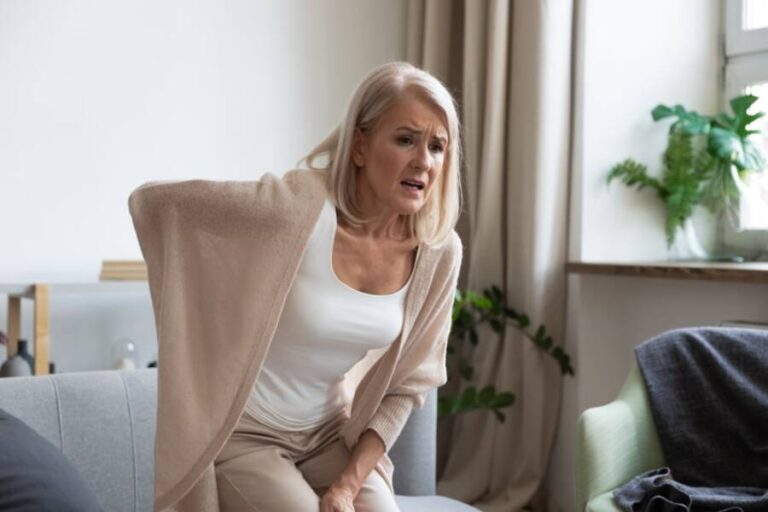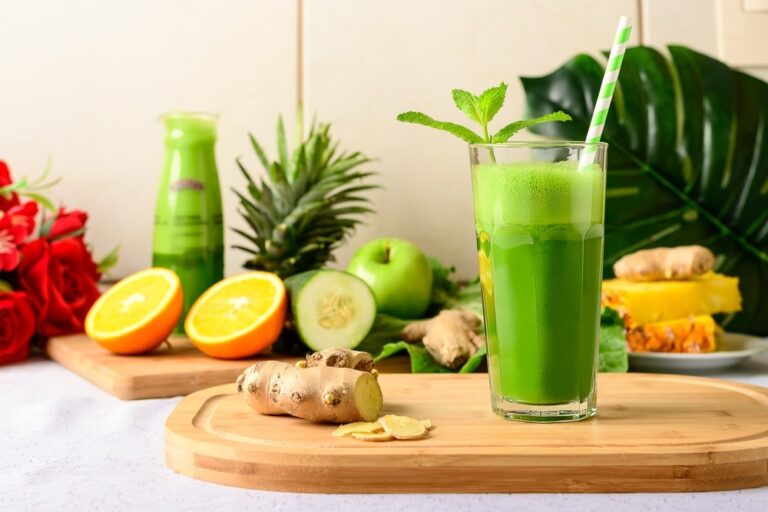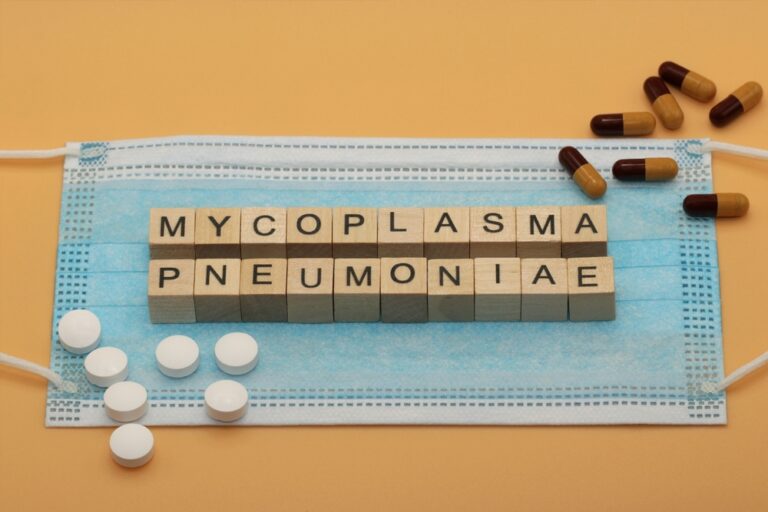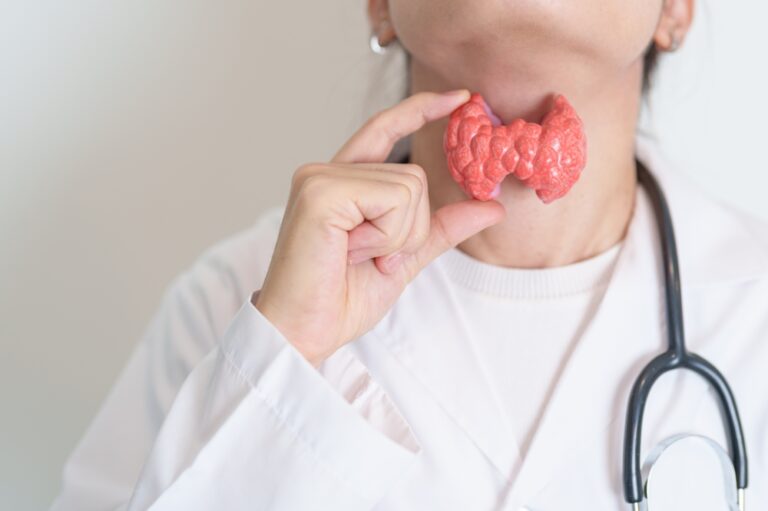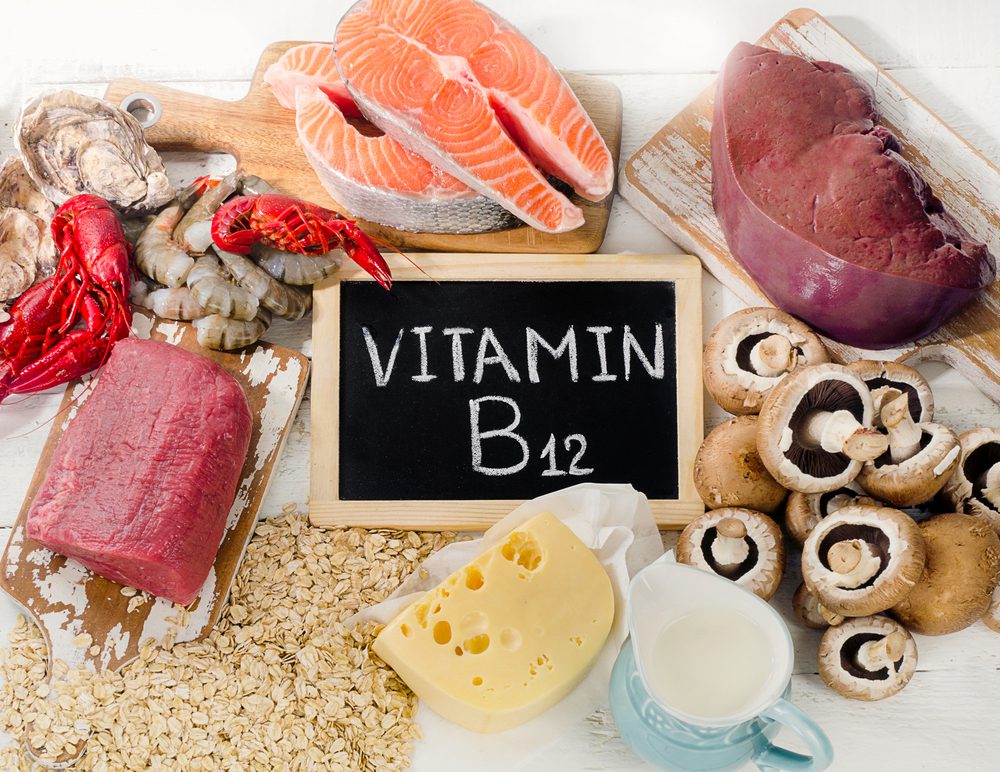
Dietary Sources of B12
Animal protein is the biggest source of vitamin B12. Here are some foods that can help a vitamin B12 deficiency in older adults:
Seafood: Fish is a rich source of Omega 3 fatty acids, vitamins D, B2, and B12. Certain types of fish, like tuna, sardines, salmon, wild trout, and herring, are great sources of this vitamin.
Also mussels, clams, and crabs also possess a significant amount of B12. Finding ways to include seafood in your meals a couple of times a week can go a long way in reducing a deficiency.
Meat: Organ meats like liver and kidneys from beef or lamb are fantastic sources of vitamin B12. Additionally, ham, beef steaks, and sausage are high in this vitamin. Older adults should have 3 to 4 servings of lean red meat weekly.
Dairy Products: Milk, cheese, yogurt, and any other dairy products are rich in minerals, protein, and of course, vitamins like B12. Older adults can have about 3 to 4 servings of dairy products weekly.
While dairy products might have less B12 per serving than red meat, our bodies can absorb it better through milk than beef. A cup of tea with milk or adding cheese to your salads is an excellent way to increase your B12 intake.
As you can see, a vitamin B12 deficiency in older adults is no joke! Be sure to speak to your doctor if you feel like you’ve been experiencing any of the symptoms we mentioned.
If you found this post helpful, Healthy Reads has much more to offer. We also recommend checking out: Having Heart Issues? Stay Away From These 12 Common Foods




